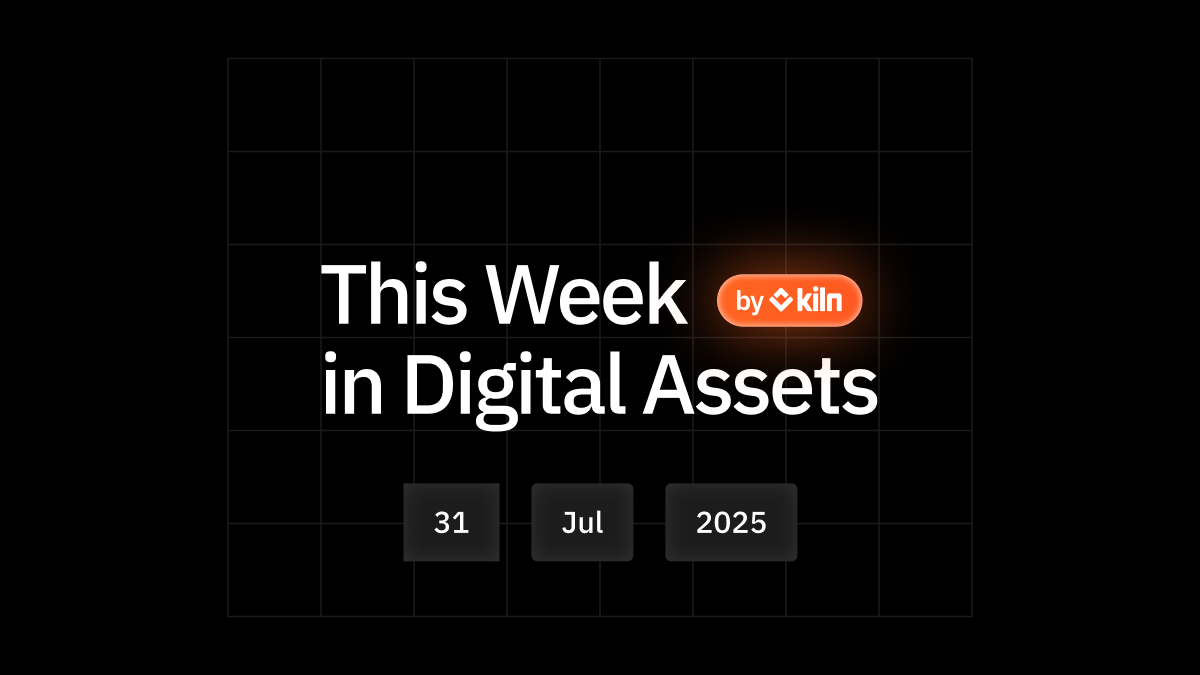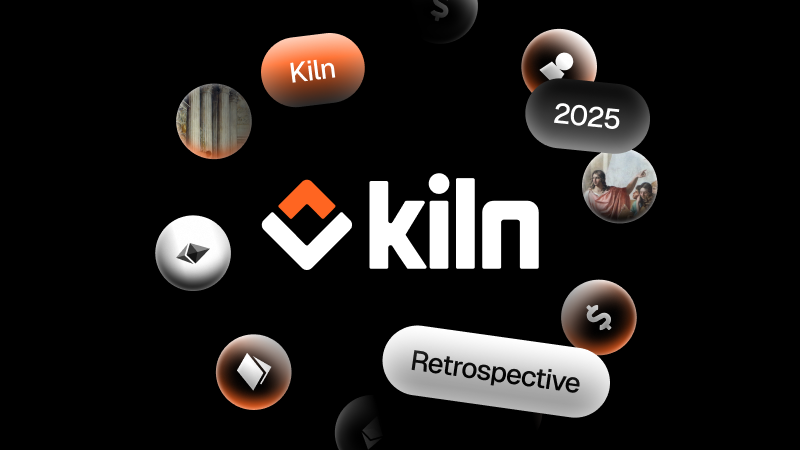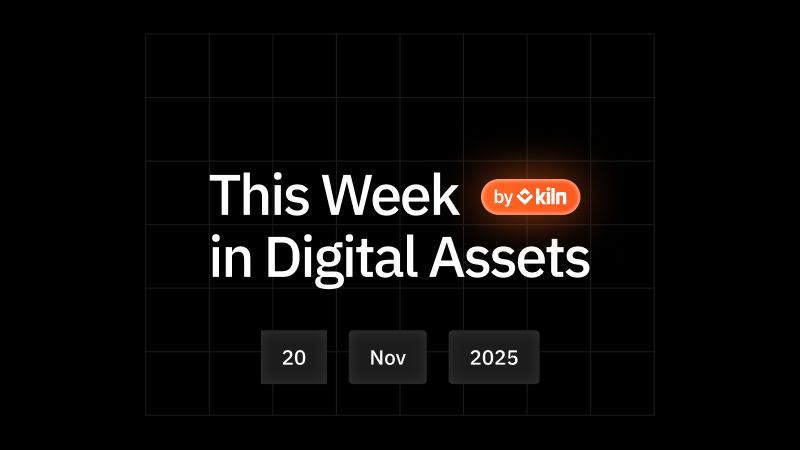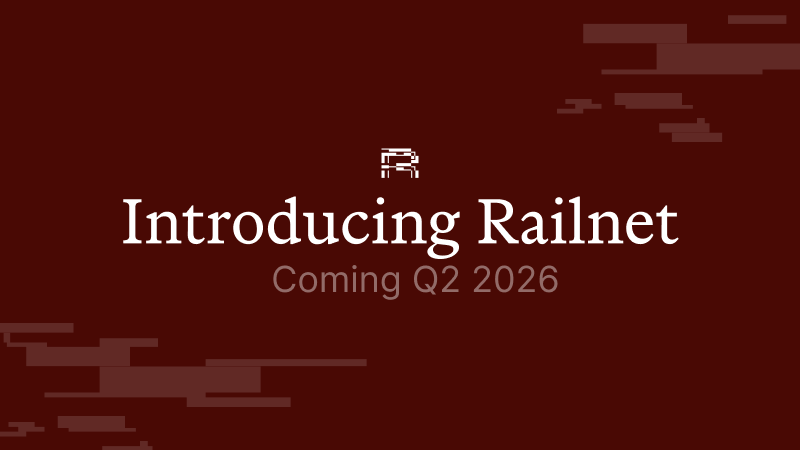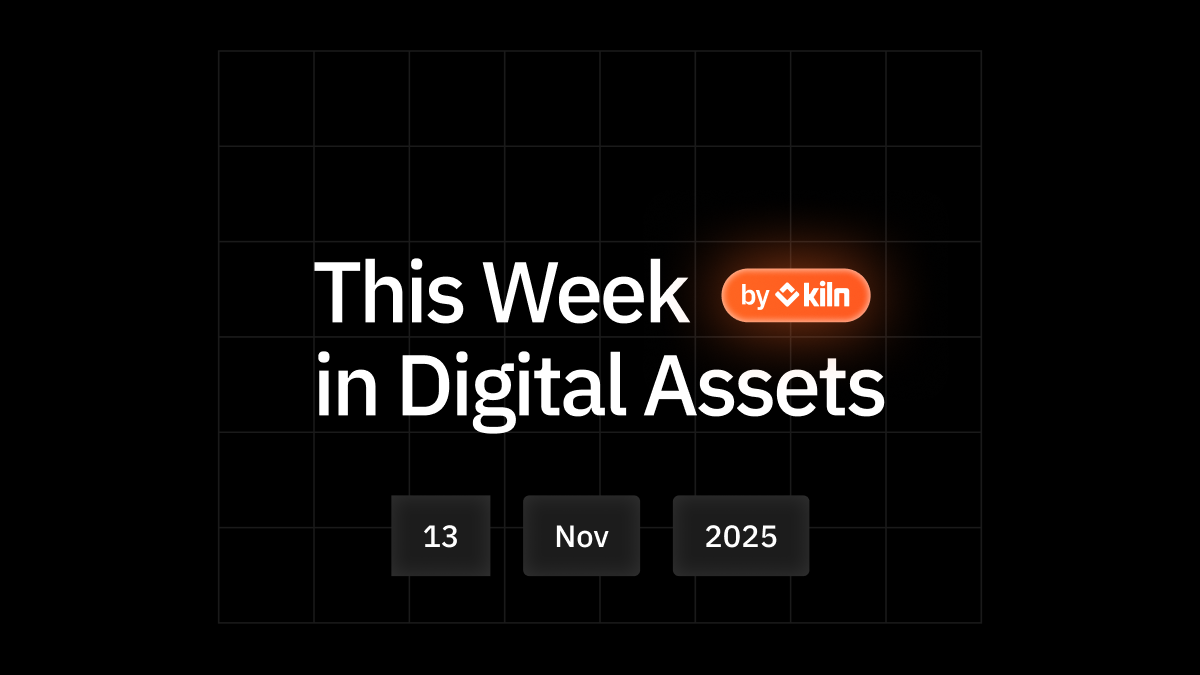PayPal this week introduced “Pay with Crypto,” a checkout service that lets consumers spend balances from Base App (previously Coinbase Wallet), MetaMask, or any of 100+ supported tokens, while merchants receive same-day settlement in PayPal USD (PYUSD) at a 0.99 % fee, far below the 2.9 %–3.5 % typical of traditional payment methods. This launch lands one week after the fintech company announced PayPal World, an interoperability hub that will connect PayPal, Venmo, and eventually third-party wallets. PayPal mentioned that “PYUSD will be a major enabler of the PayPal World platform” during its earnings call on Tuesday. Viewed together, we believe PayPal is placing PYUSD at the center of its next-generation payment stack, where World supplies the back-end rails, crypto checkout supplies the front-end acceptance, and the stablecoin sits in the middle as both settlement asset and yield engine.
Pay with Crypto, like any new payment service, will likely face a cold start problem early on: merchants hesitate to add tender types without proven consumer demand, while consumers adopt only when acceptance is ubiquitous. We believe the near-term pull will come from merchants. Enabling the crypto toggle costs little more than a click of a button and checkout real estate, yet promises fee savings of up to 90%. Onboarding on the consumer side will be a bit more challenging. We could see PayPal seeking to accelerate habit formation by subsidizing usage, mirroring Shopify’s 1% USDC cash-back incentive in its announcement with Coinbase last month[1].
Competition in crypto checkout is heating up. While Stripe, Shopify, and Coinbase have opted for a USDC-only approach, PayPal’s strategy is broader, advertising that it will accept more than 100 different cryptocurrencies. However, history suggests users are reluctant to part with volatile tokens such as BTC or ETH, so we do not view token count as a durable edge. The true advantage is PayPal’s 400 million active accounts and the prospect of a single login spanning PayPal, Venmo and eventually third-party wallets via PayPal World. While USDC is far more widely adopted onchain, with over $60 billion in circulation compared to PYUSD’s ~$1 billion, PayPal’s stablecoin has a chance to better compete by embedding itself directly into consumer behavior through cashback conversions, native integration with Venmo, and default settlement across PayPal’s vast global merchant network.
PayPal’s crypto checkout rollout still requires a separate sign-off from the New York State Department of Financial Services (NYDFS), where PYUSD’s issuer Paxos is licensed. From a risk and regulatory perspective, we believe merchants will focus most on approval gating for key states and liability for custody mishaps. PayPal’s extension of its Purchase Protection program to crypto transactions mitigates charge-back concerns but does not eliminate network or key-management risk. We expect the rate at which large enterprise sellers toggle the feature on to depend on the pace of NYDFS approval and the robustness of PayPal’s custody options.
We view potential stablecoin network effects sitting at the heart of PayPal’s calculus. When a shopper pays with crypto, the merchant receives PYUSD and can opt into a 4 % yield that PayPal credits daily to any balance left onchain. That incentive—funded from the spread between reserve earnings and payout—turns settlement funds into a mini-treasury product and raises the opportunity cost of an immediate fiat off-ramp. While PYUSD circulation is modest today at just under $1 billion, even a small cohort of sellers retaining PYUSD for inventory purchases or payroll could multiply outstanding supply over the next year. As more counterparties accept the token, each additional node of suppliers, platforms, and cross-border contractors will reinforce the value of holding rather than converting to fiat, creating a flywheel in which merchant float, transactional velocity, and PayPal’s interest income all scale together.
[1] Coinbase and Shopify Bring USDC Payments on Base to Millions of Merchants Worldwide, Coinbase, June 12, 2025
About Kiln
Kiln is the leading staking and digital asset rewards management platform, enabling institutional customers to earn rewards on their digital assets, or to whitelabel earning functionality into their products. Kiln runs validators on all major PoS blockchains, with over $11 billion in crypto assets being programmatically staked and running over 5% of the Ethereum network on a multi-client, multi-cloud, and multi-region infrastructure. Kiln also provides a validator-agnostic suite of products for fully automated deployment of validators and reporting and commission management, enabling custodians, wallets, and exchanges to streamline staking or DeFi operations across providers. Kiln is SOC2 Type 2 certified.








